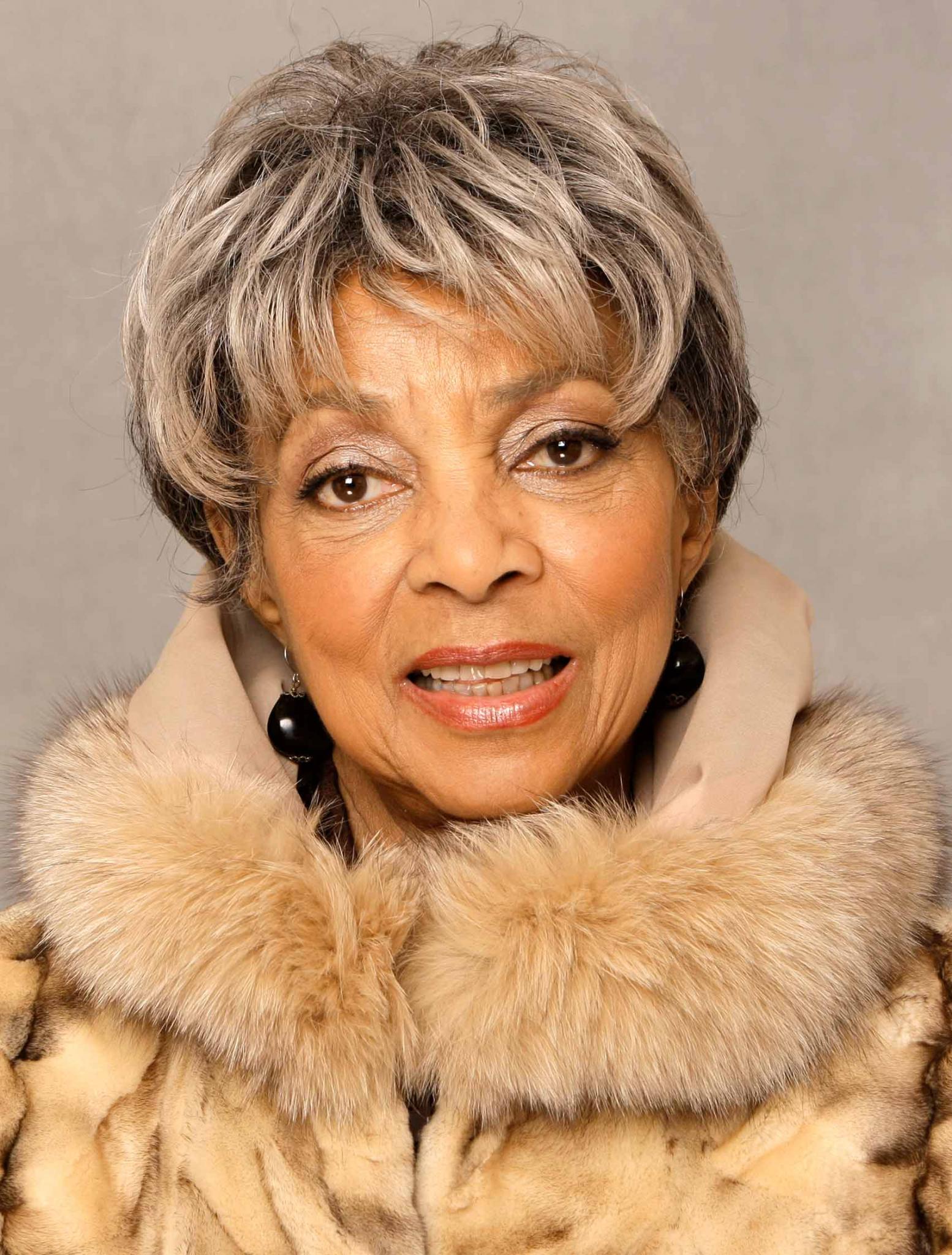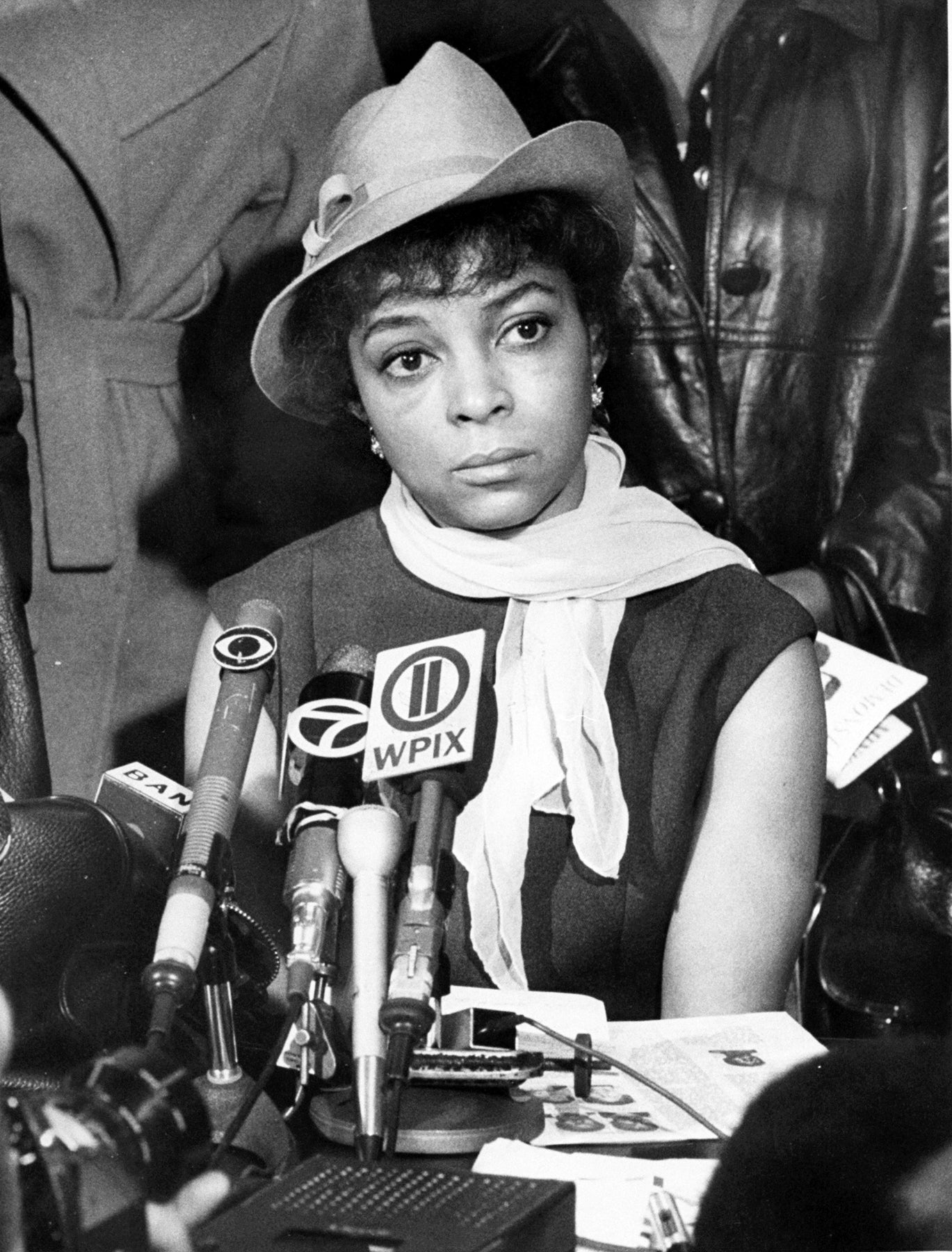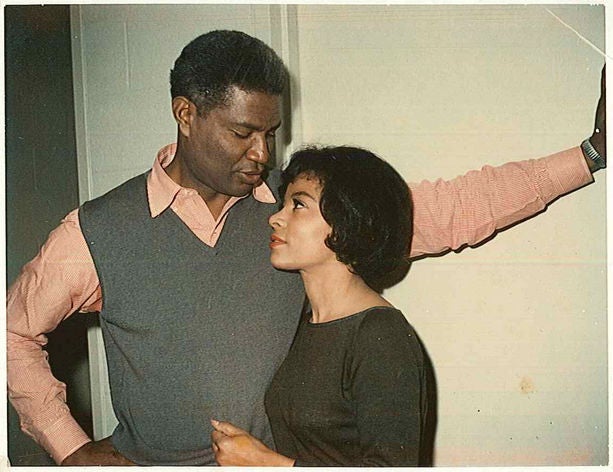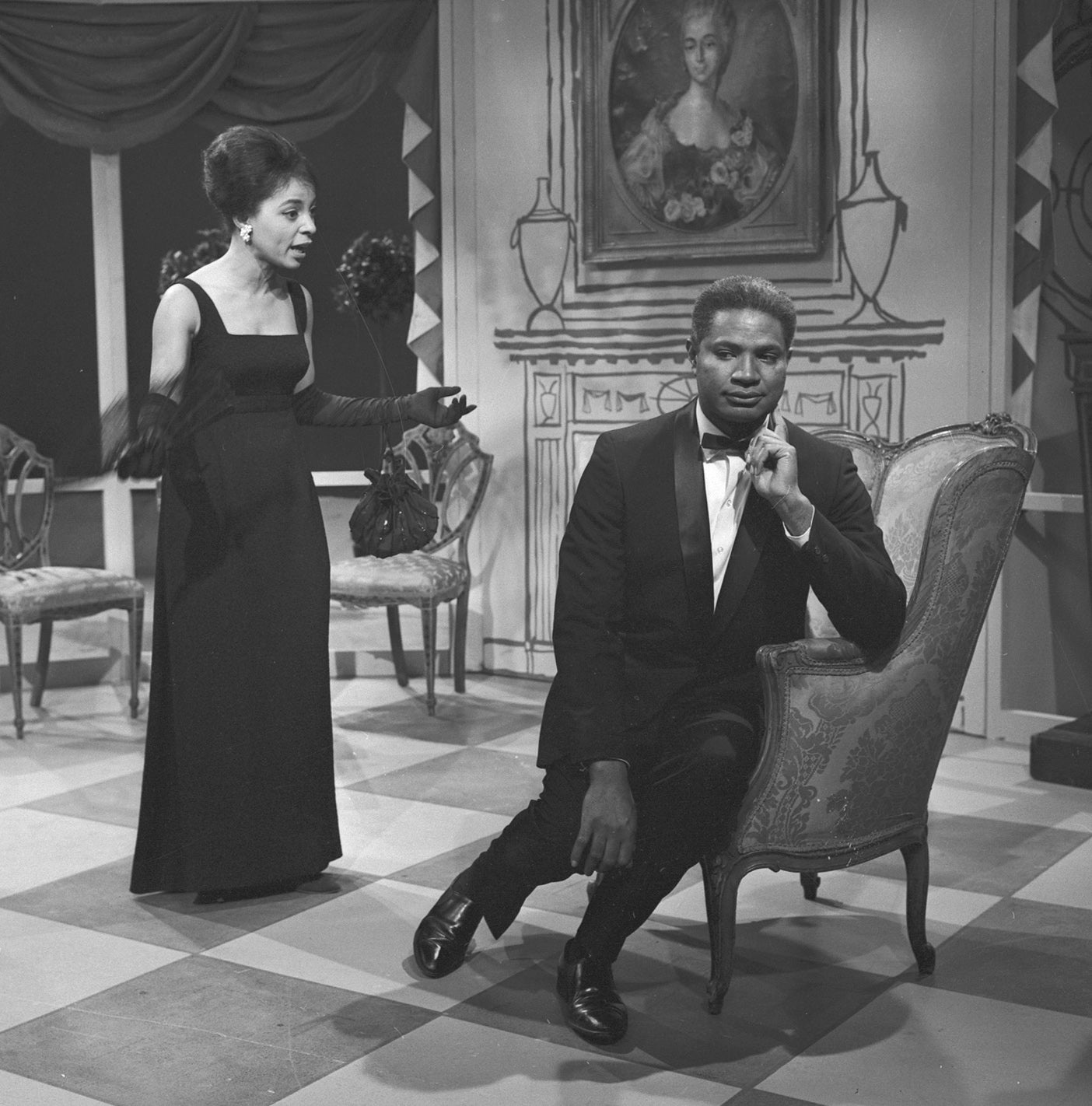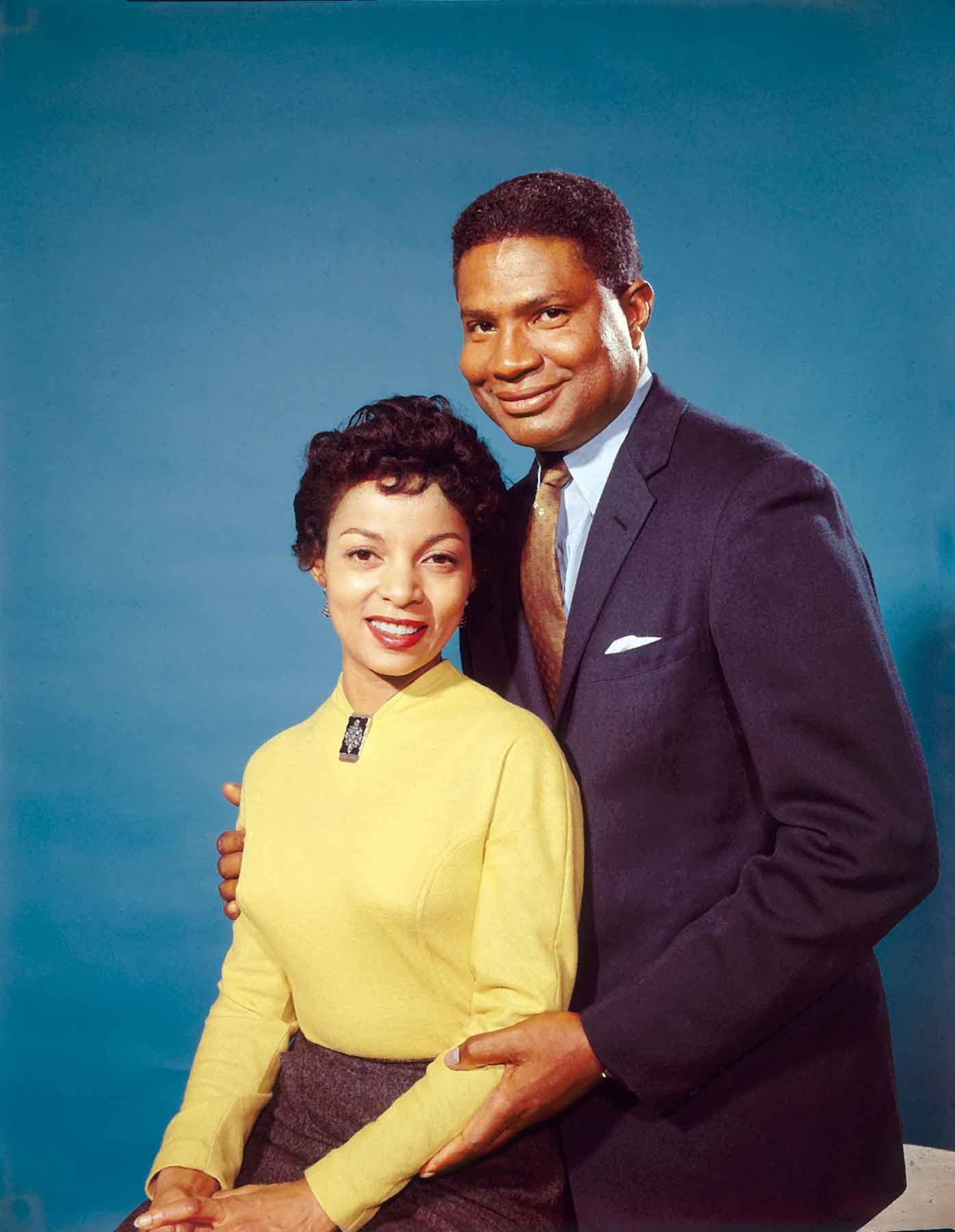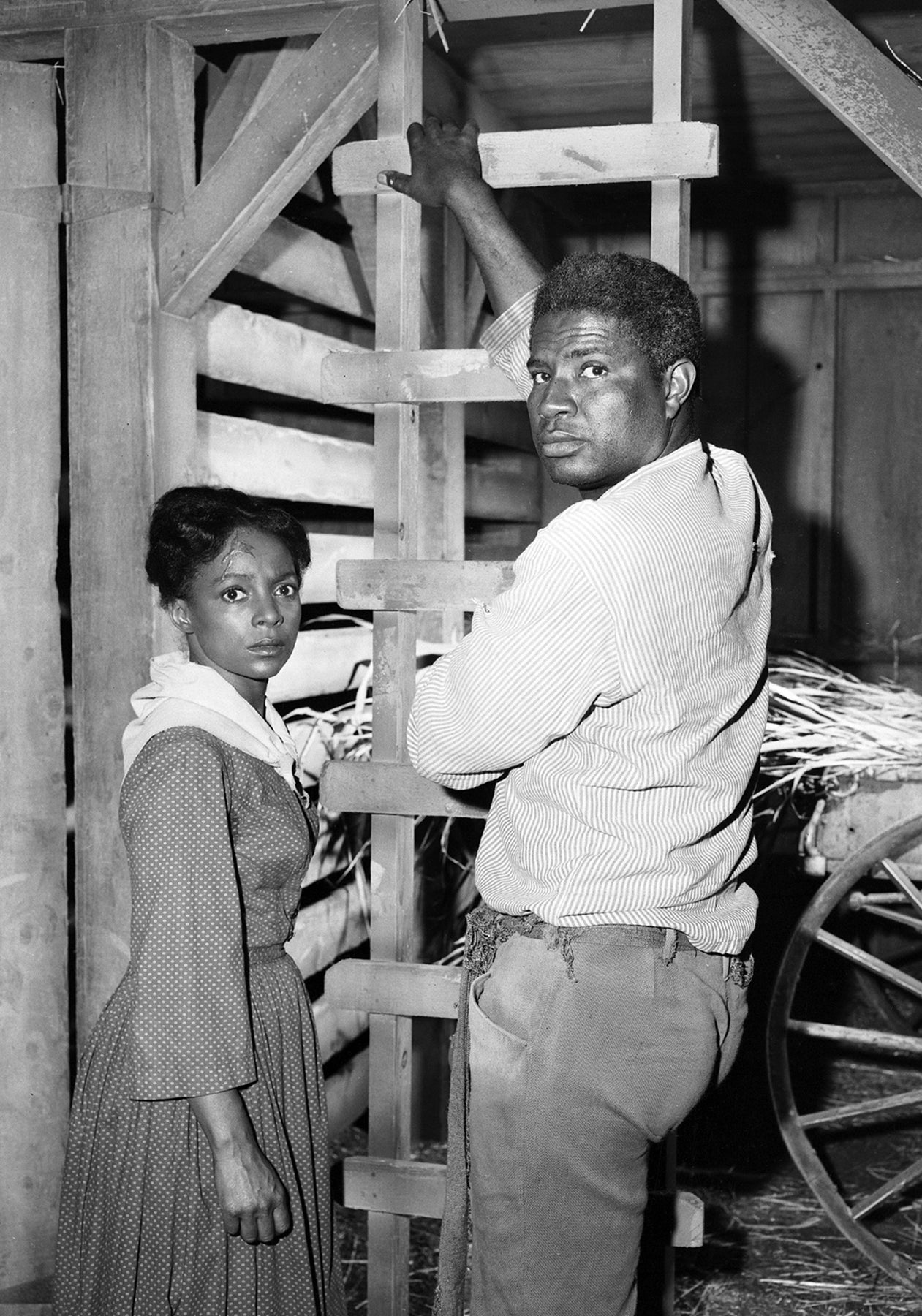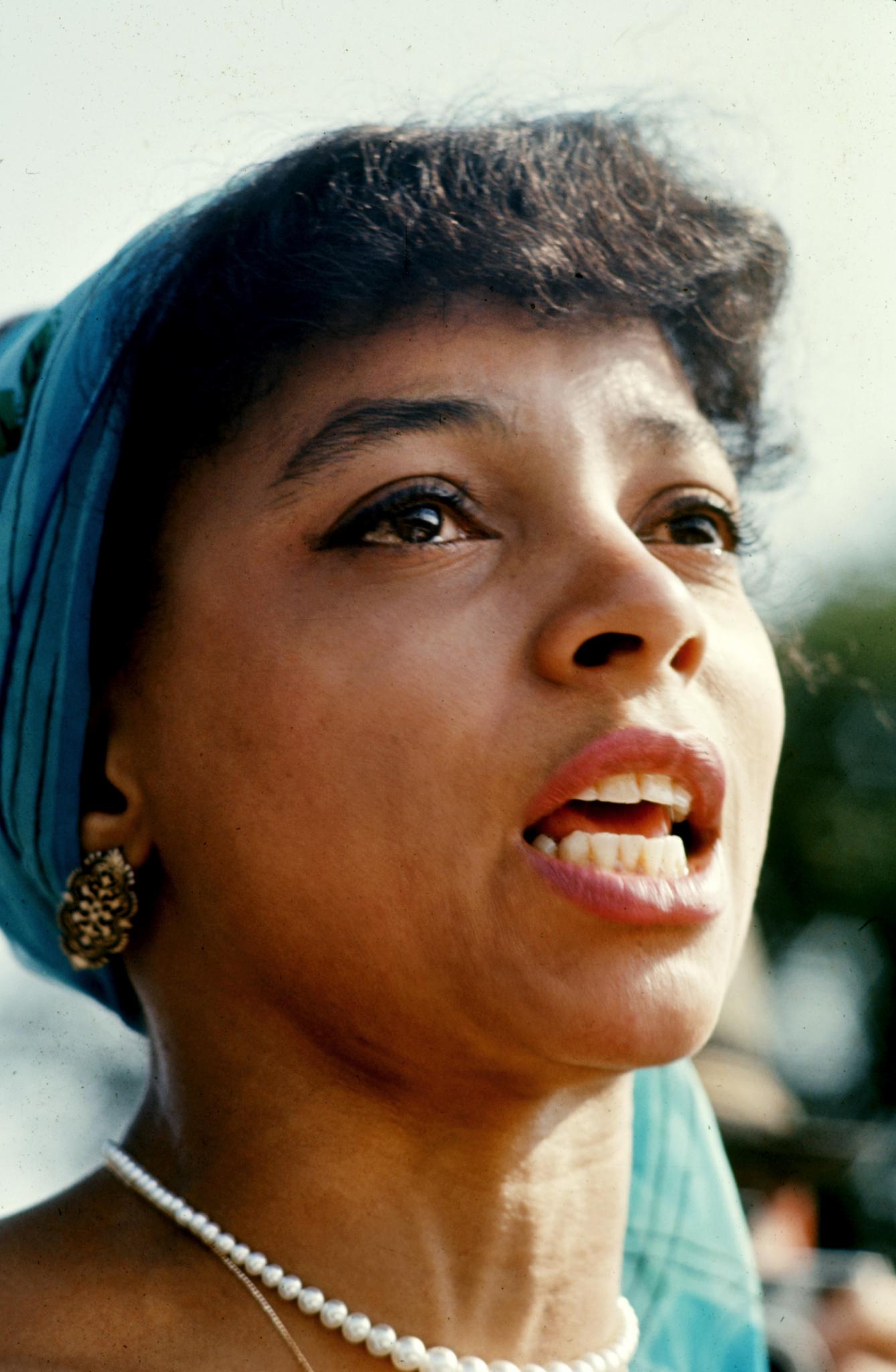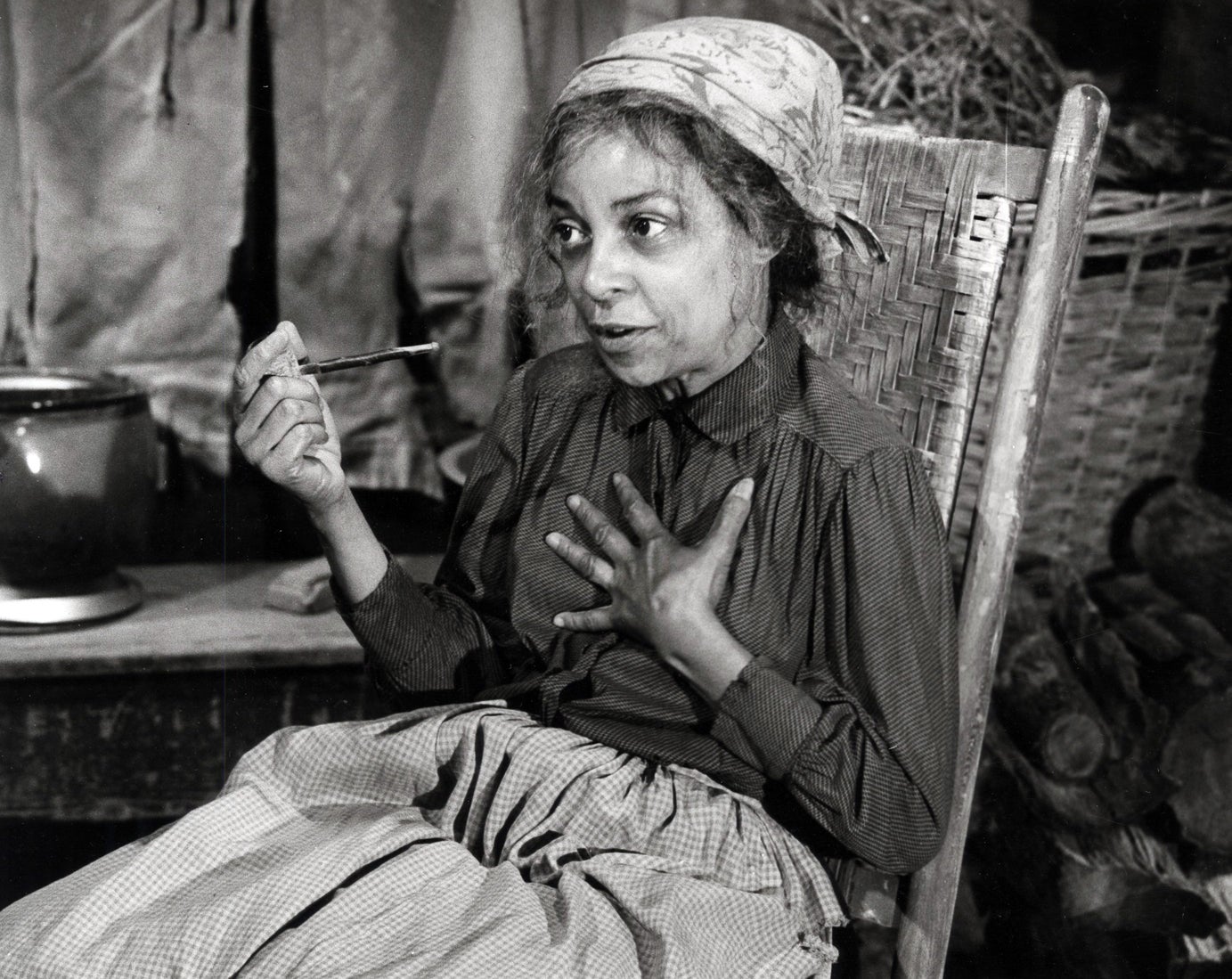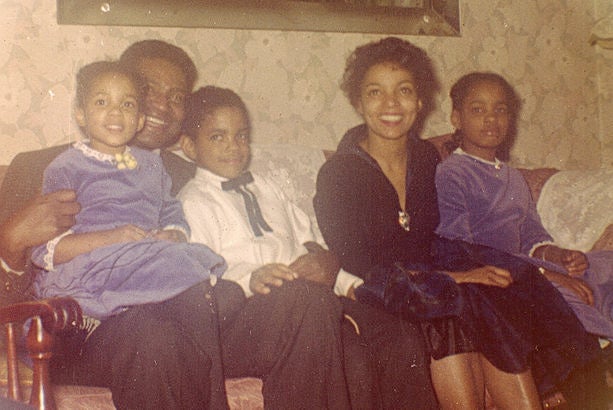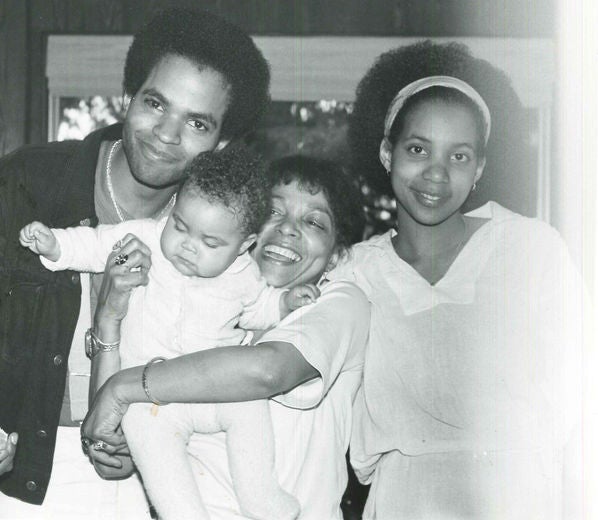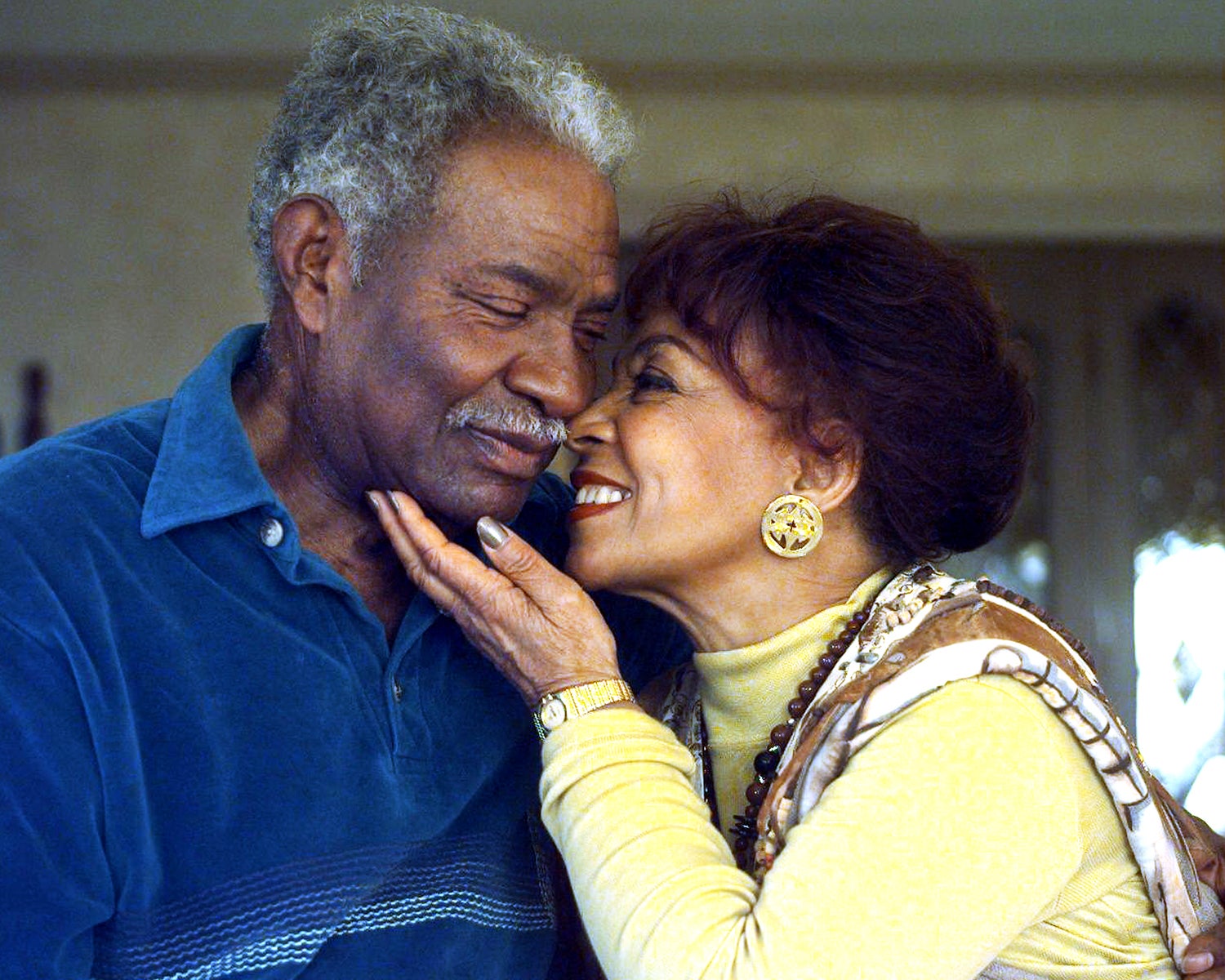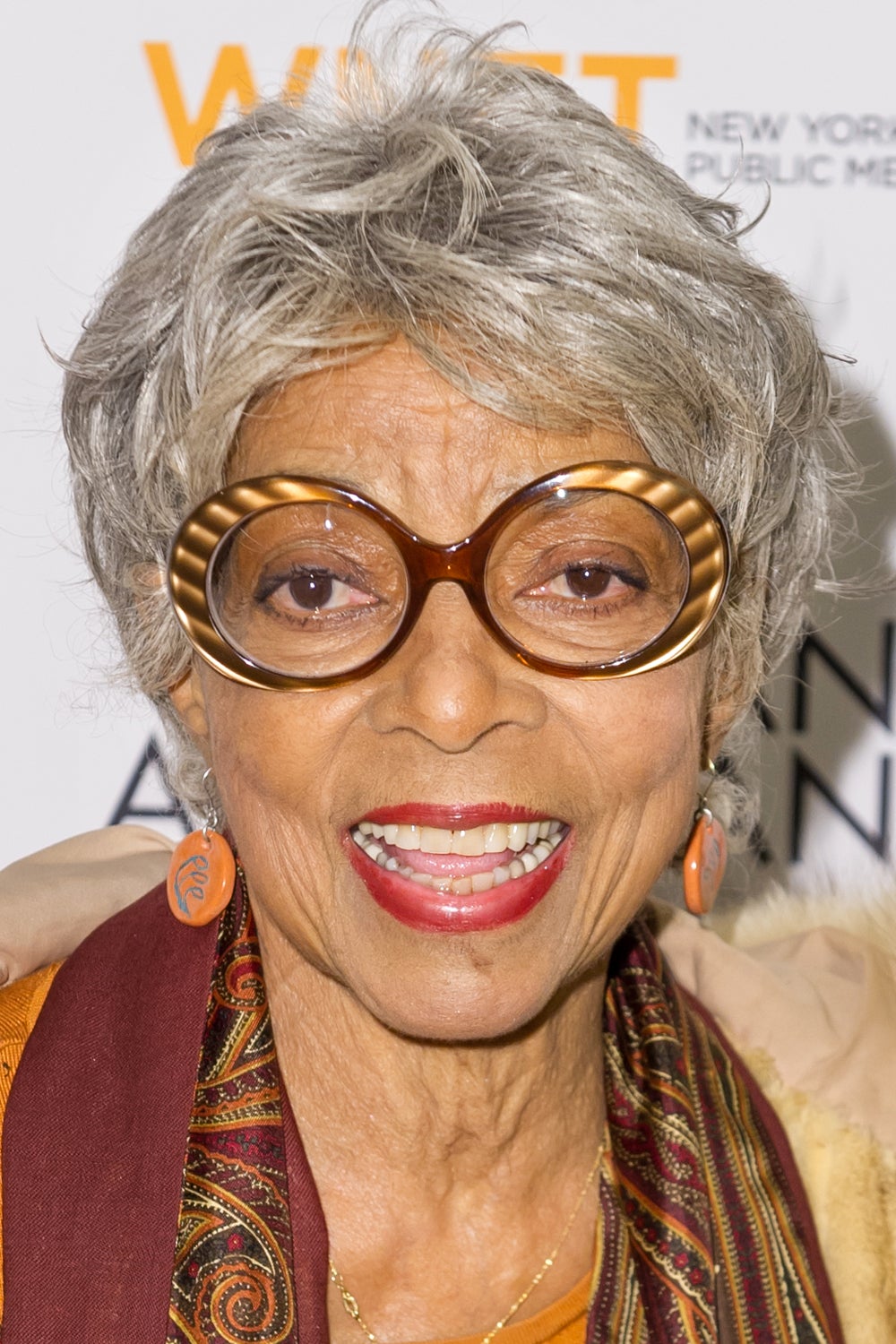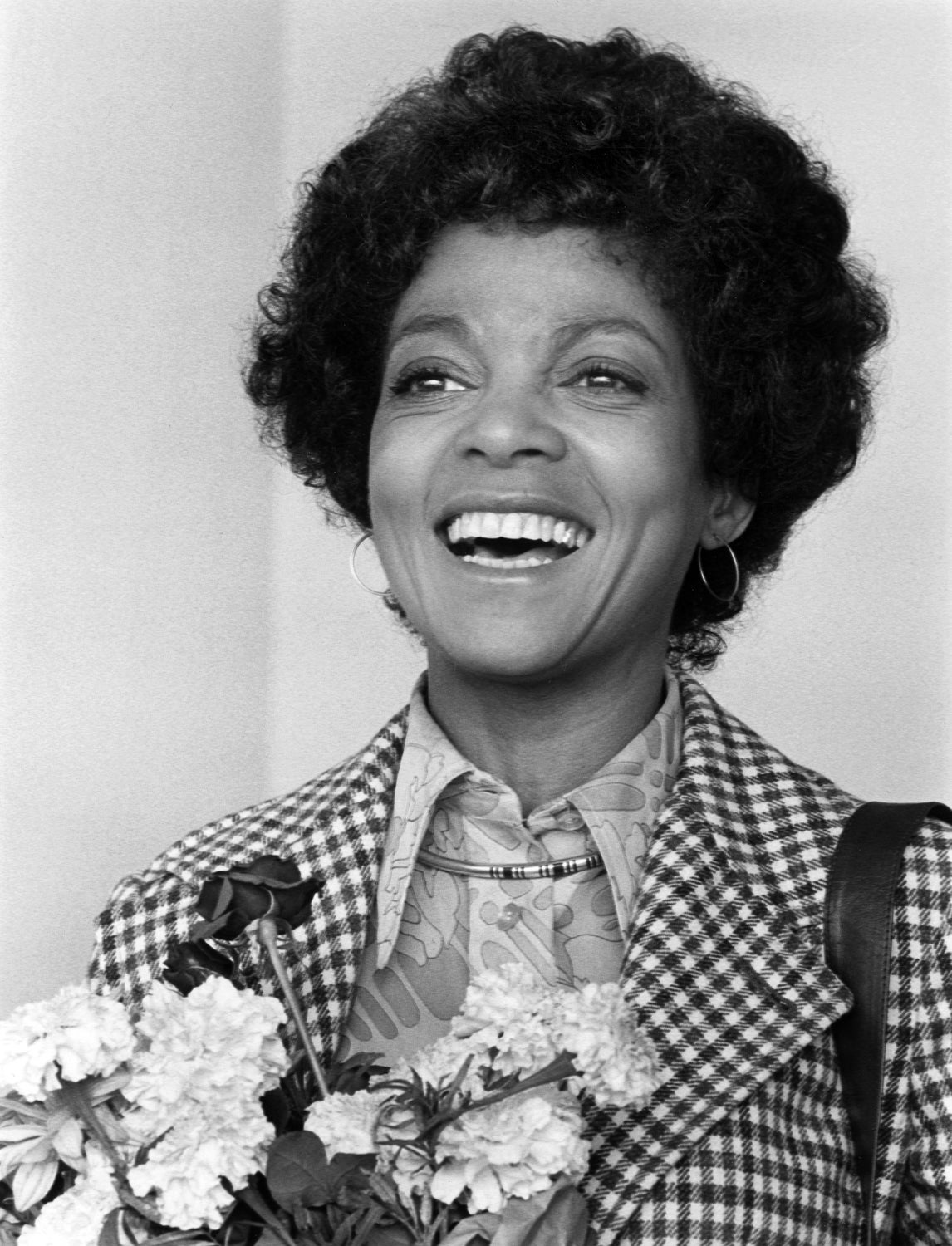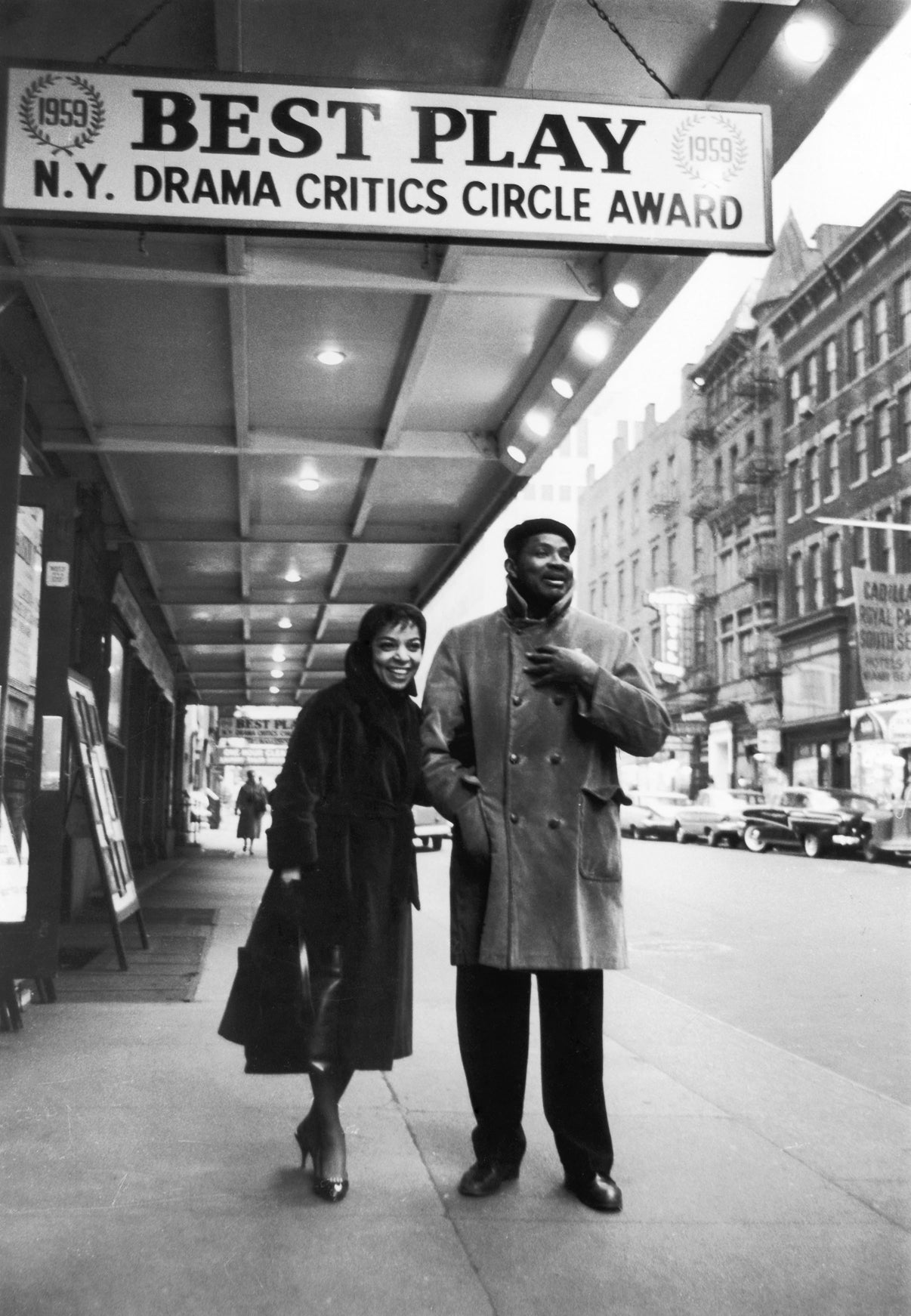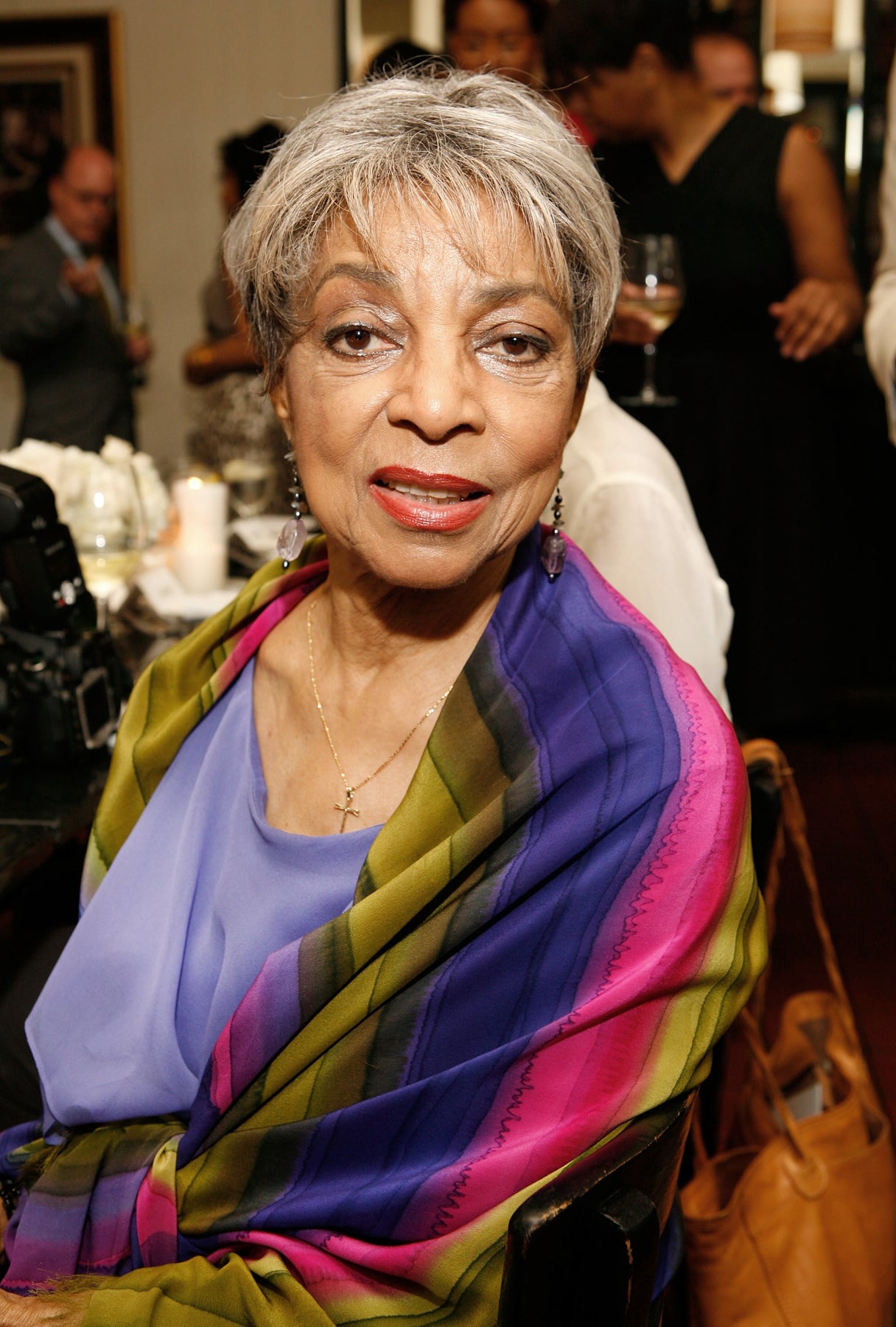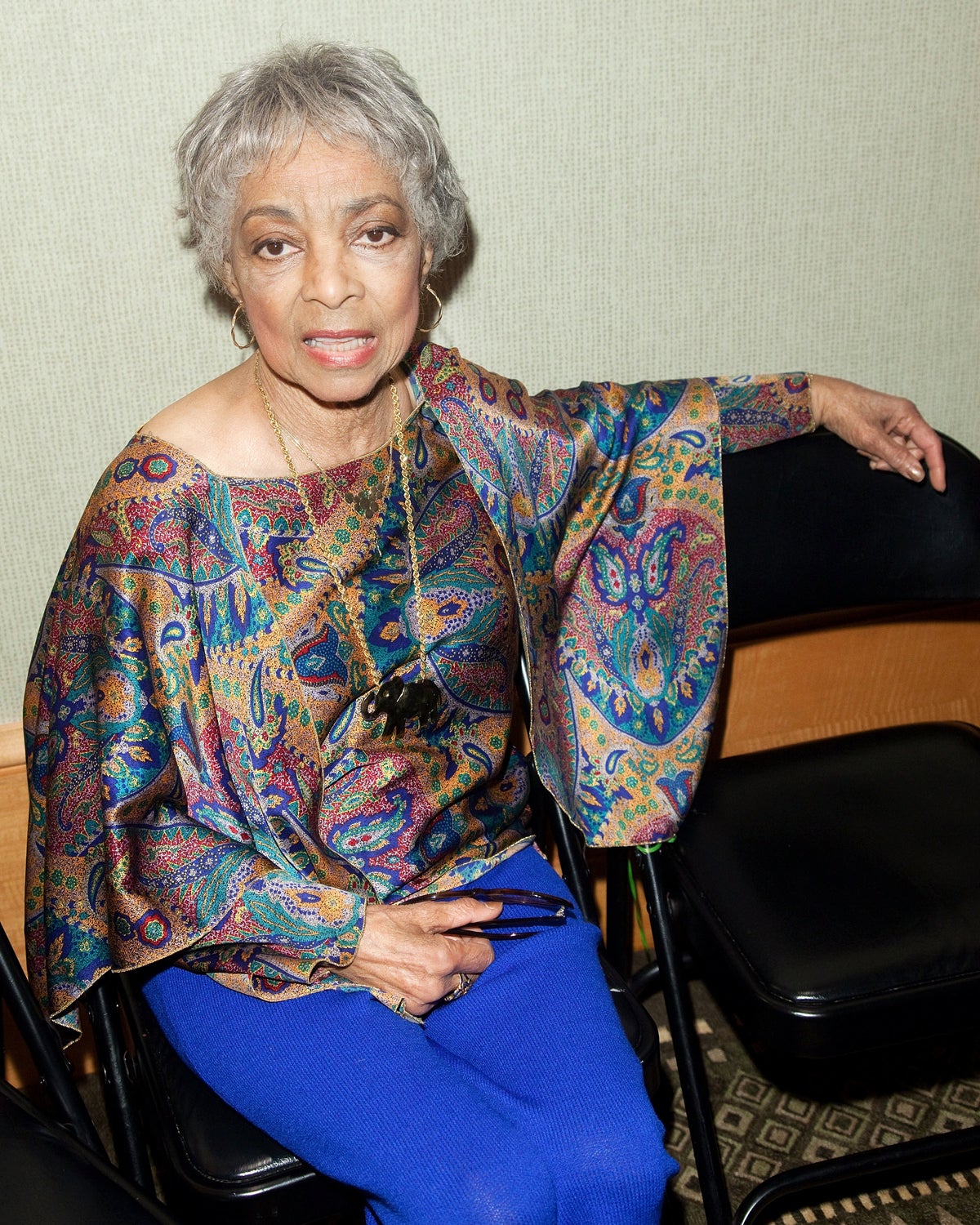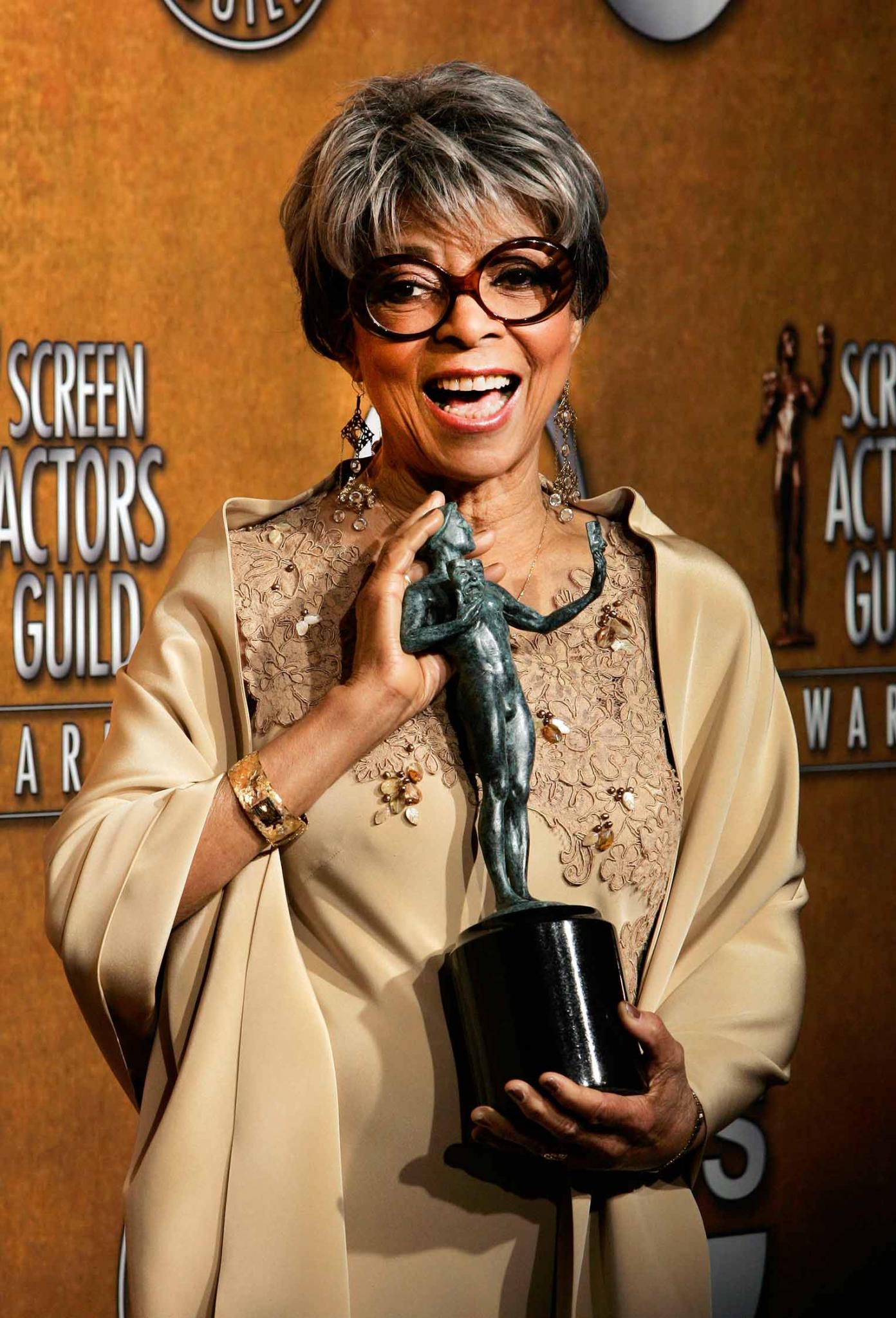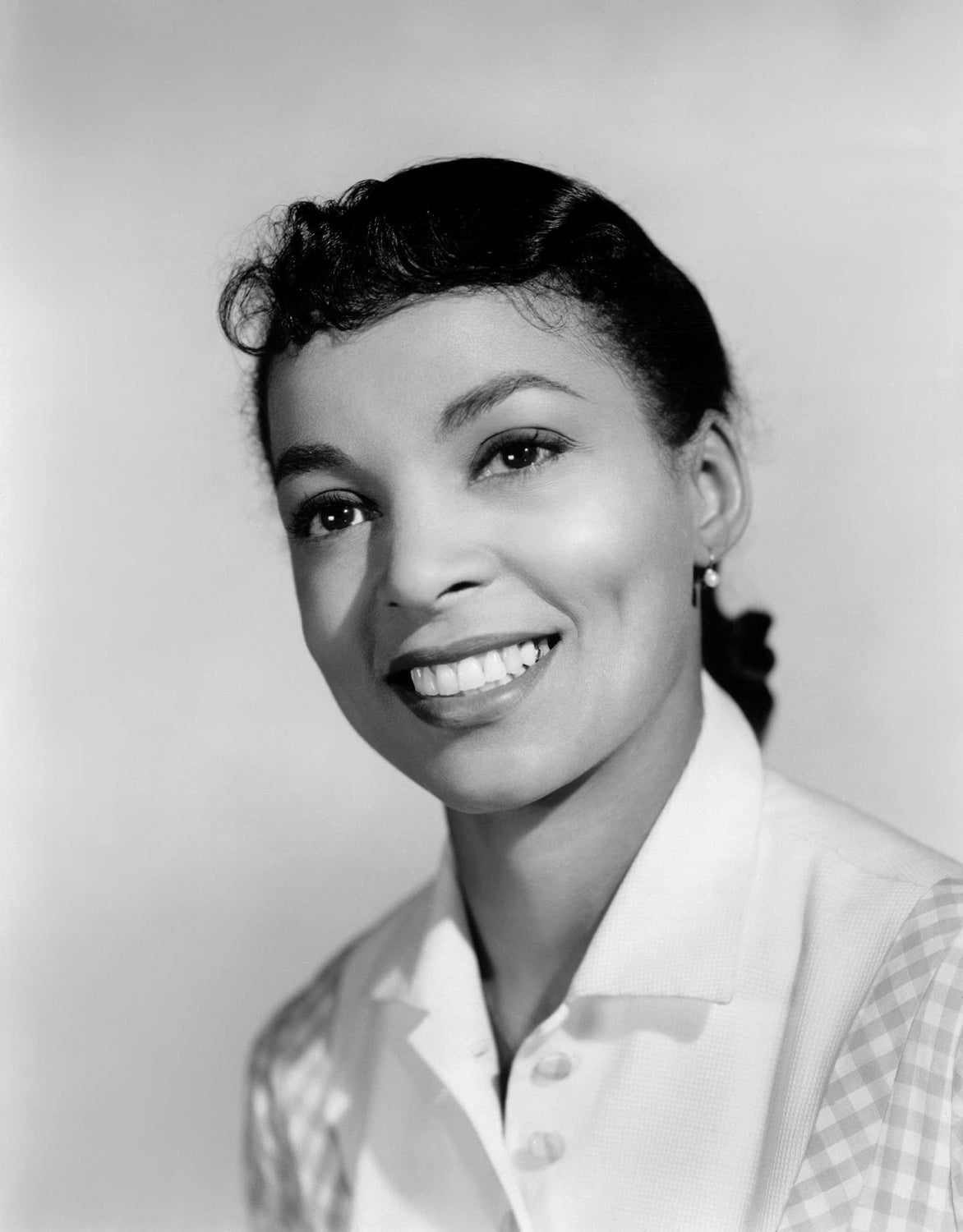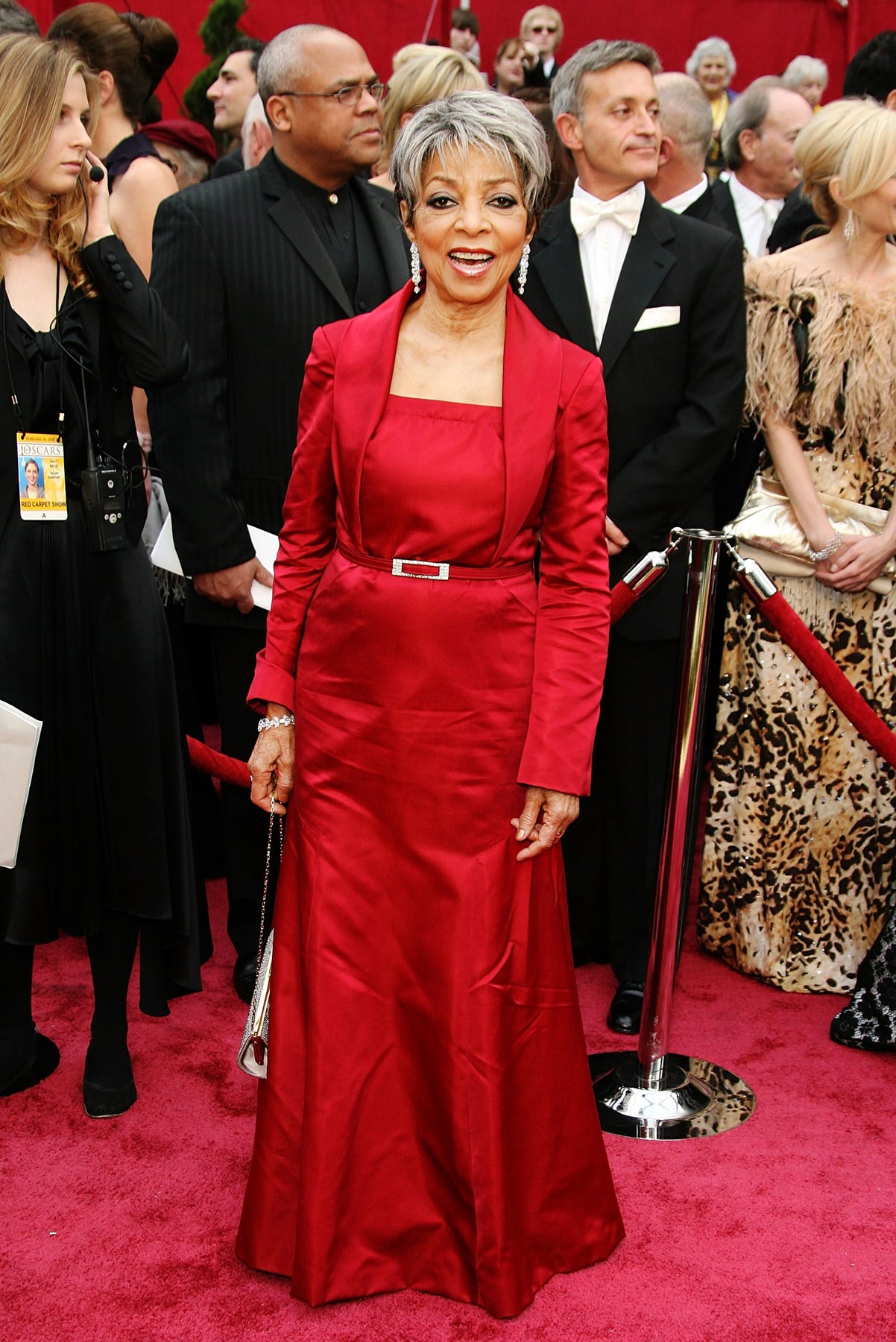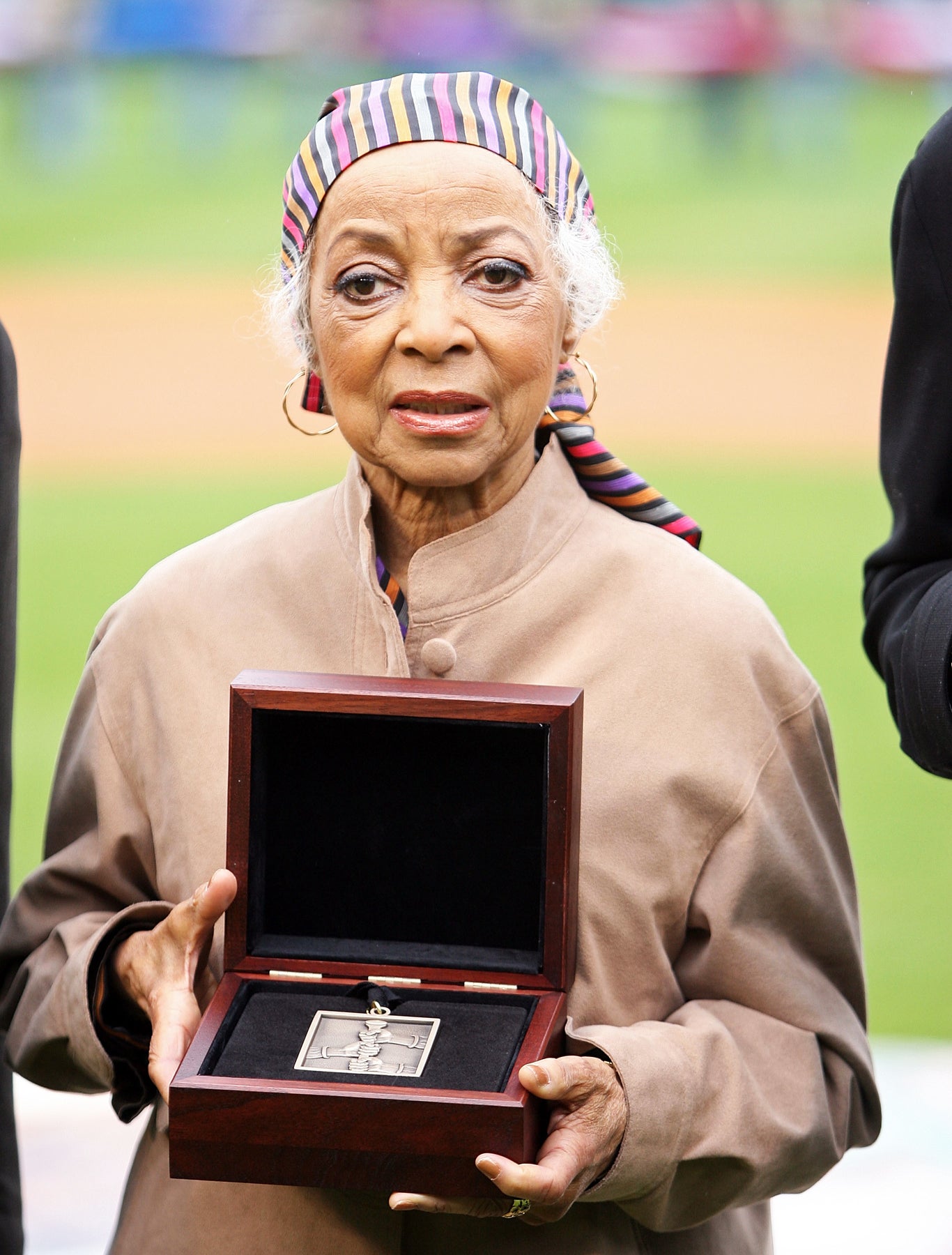Dee met her soon-to-be husband, Ossie Davis, in 1945, while rehearsing for the Broadway production of Jeb. They married in 1948. Davis passed away in 2005.
“The idea that a good marriage is made in heaven and swung down on a golden cord like a gift from God did not coincide with my lifelong observations, Dee told ESSENCE.com. “Yes the wedding can be a beautiful and exciting, expensive event, or it can be a handshake, or a jump over a broom, but it is just that – an event, the one that precedes the marriage.”
Dee and Davis’ personal lives went hand in hand with their professional lives. They starred in countless productions on stage and screen. Here, they are pictured on the set of Go Down, Moses, which featured Dee as Harriet Tubman and Davis as John Ross in July 22, 1963.
Dee and Davis were also staunch civil rights activists, standing on the front lines with organizations like the NAACP, and figures like Malcolm X and Dr. Martin Luther King, Jr. Here, Dee is pictured at the March on Washington for Jobs and Freedom on August 28, 1963 where Dr. King delivered his iconic ‘I Have a Dream’ speech.
“The great thing about marriage is that it gives a man time to find out what love is all about. Love, in the end, is the object of existence,” Dee told ESSENCE.
Dee is pictured with her family, son Guy, granddaughter Ihsanna Muhammad, and daughter Dr. Hasna Muhammad Davis at home.
Dee lost her beloved husband in 2005. “You spread your spirit over me, too, like a warm blanket on a cold night,” said Dee of Davis in the forthcoming documentary of their love.
The pioneer played a large role in African American history. She was an active member of the Congress of Racial Equality, the Student Non-Violent Coordinating Committee, the Southern Christian Leadership Conference (SCLC) and the National Association for the Advancement of Colored People (NAACP). Here she attends the The African Americans: Many Rivers to Cross screening at The Paris Theatre in New York City.
“The largest piece of unfinished business before humankind is, in our opinion, poverty, spiritual as well as material,” Ms. Dee wrote in With Ossie and Ruby. “Racism, yes, and sexism, too; unemployment, drugs, child abuse, black boys too much in prison — oh, yes, Struggle is all there is, and we are still committed.”
